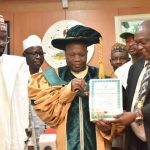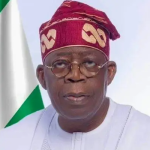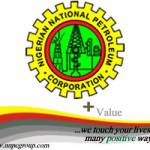Low Sales As Lagos Trade Fair Ends
Business News, Latest Headlines Sunday, November 10th, 2013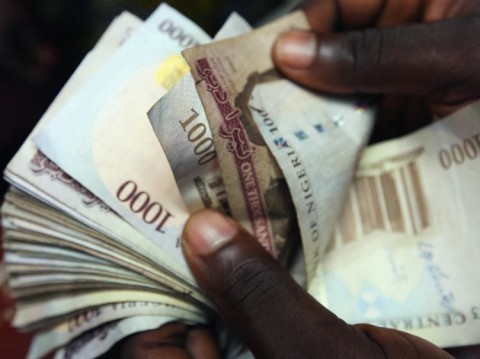
Ayo Balogun, Lagos
The Lagos International Trade Fair ended on Sunday with traders and exhibitors complaining of poor sales despite high cost of acquiring space at the fair ground at the Tafawa Balewa Square (TBS), Lagos, Nigeria.
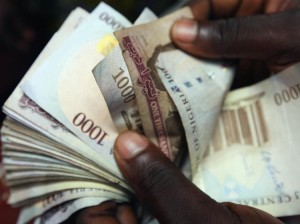 The fair, which kicked off on 1 November, 2013 ended after 10 days of trading and exhibition of products by over 1,000 companies and hawkers.
The fair, which kicked off on 1 November, 2013 ended after 10 days of trading and exhibition of products by over 1,000 companies and hawkers.
To rent a square metre of space at the fair cost N8,000, which is astronomically high, according to many traders and exhibitors. Added to this is the traffic gridlock encountered on Lagos Island, making it difficult for people in the Mainland to go as far as the Island to buy products.
Mr. Clement Odo, Sales Representatives, Eteleson Group, lamented that the company recorded low patronage and sales for its products, saying that the fair should have been done at the usual place at the Trade Fair ground on Mile 2-Badagry Expressway.
After paying N340,000 to acquire space at the fair, Mr. Chuks Ohams, Manager, Seven Stars, which specializes in selling toiletries told African Examiner that the company faced series of challenges and had low sales of its products, unlike in the past when the fair was being carried out at the Trade Fair complex.
“Badagry area is the main place for event like this, but maybe they brought it here because of bad road. Moreover, there is traffic congestion in this area. We run at a lost in this fair,” he said sadly.
Segun Okulaja, Assistant Marketing Manager, Zenon Laboratory Chemical Industry said “this year’s trade fair is difficult as turnout is not too impressive. There has been a drop in our sales. This venue is too small. We recorded little profit despite paying N300, 000 to acquire space here. I will rate this fair 30 percent.”
However, declaring the trade fair closed, Governor Babatunde Fashola of Lagos State urged on the private sector to invest more in the state’s economy, saying that that for Lagos to meet up with the mega city status, more private investment is needed in the state.
“We have long recognized that for us to achieve our dream of becoming Africa’s model megacity by 2015, there is the need to attract more private sector investments into the State in order to create jobs and increase productivity. Our development obligations as a State place on us the responsibility of developing strategies that will help us to harness public and private investments with a view to having a dynamic and expanding economy that is functional and visually attractive,” said Fashola, who was represented by the Commissioner for Commerce and Industry, Sola Oworu.
Fashola stated that the state’s role as an economic and financial hub in the sub-region required that “we prioritize the improvement of vital infrastructure in such a way and manner that will facilitate the creation of a business environment conducive to private sector investments. As such and in line with our development imperatives, we have predicated our Development Plans on pillars that take into account the need for economic development, infrastructure development, social development and security as well as sustainable environment.”
The governor said that the development challenges of a growing megacity and State like Lagos required that government targeted investment in key areas that would drive growth, particularly in a world economy that is getting increasingly globalized.
According to him, although, the structure of the state’s economy, when examined by its Gross Domestic Product, revealed the preponderance of investments in the area of hospitality, financial services, trade and commerce, saying that government was poised to broaden the prevalent economic structure through diversification to promote potential
Related Posts
Short URL: https://www.africanexaminer.com/?p=4639



